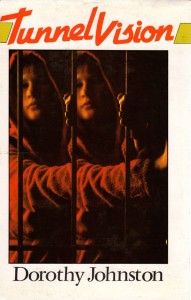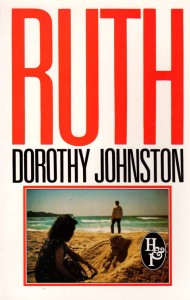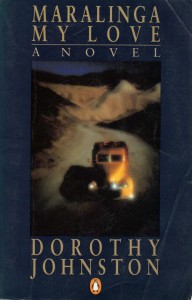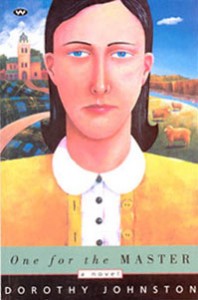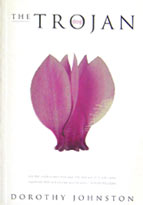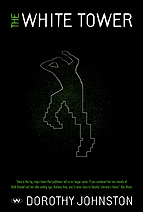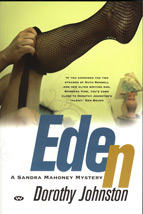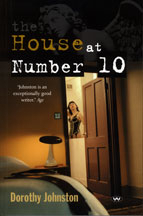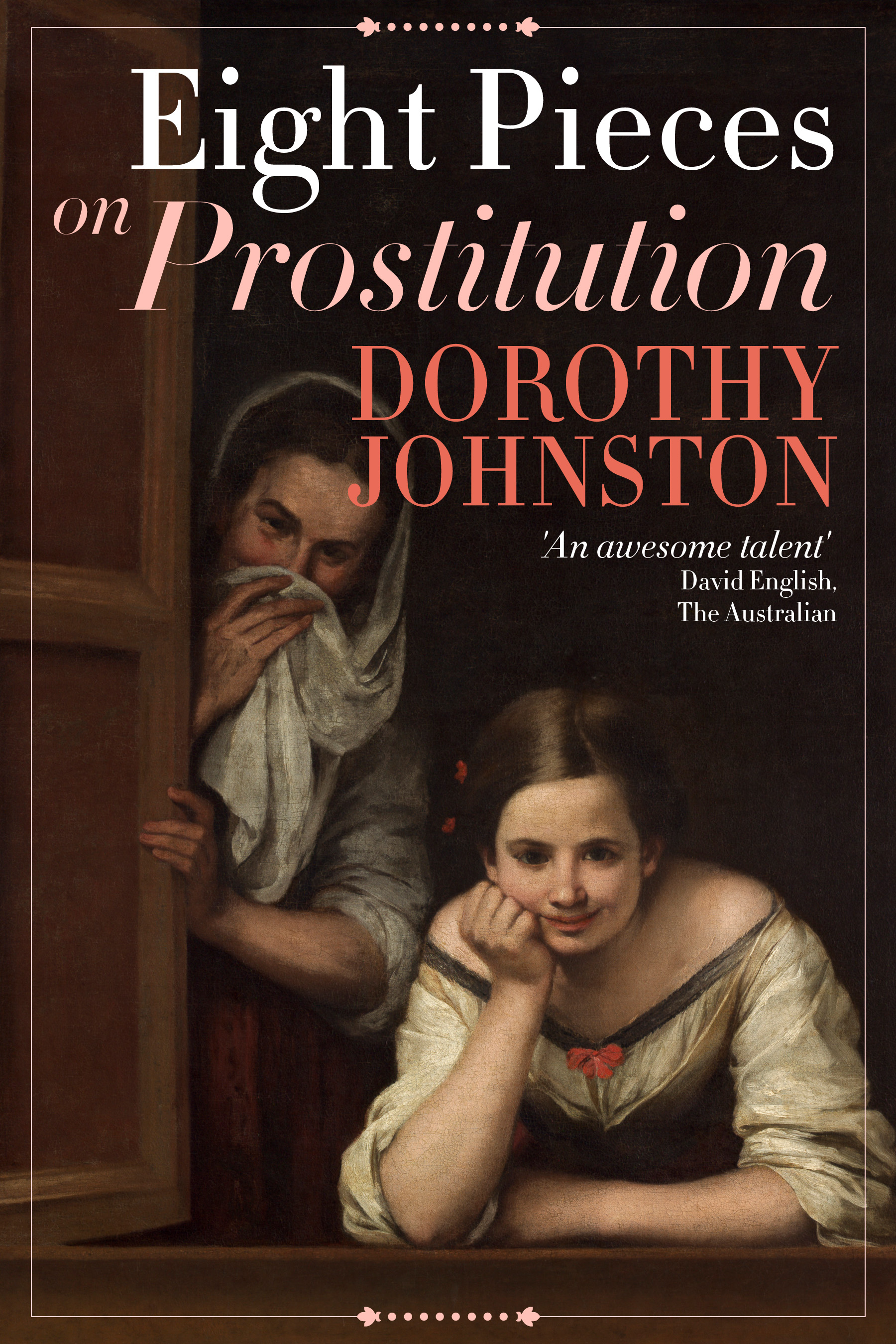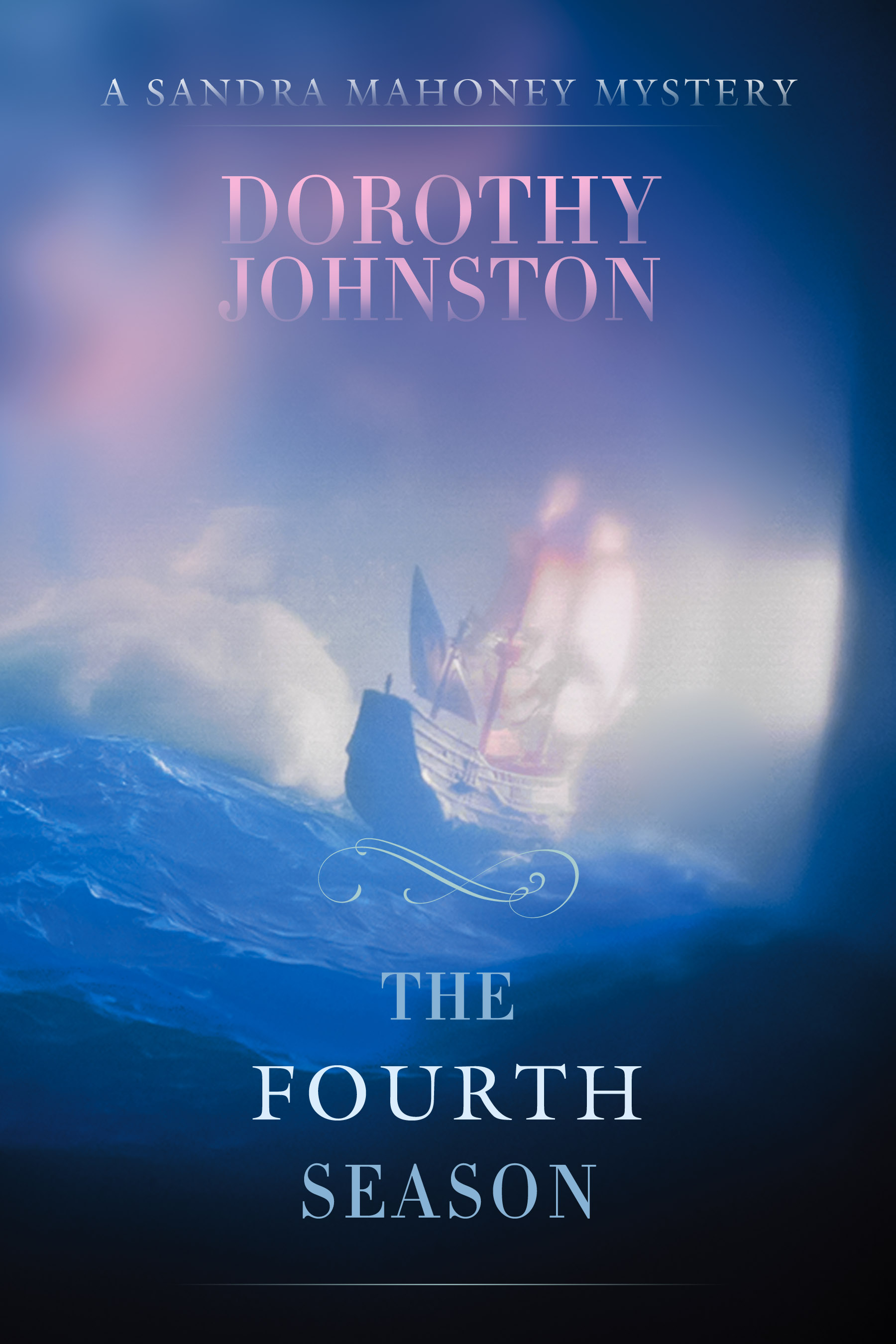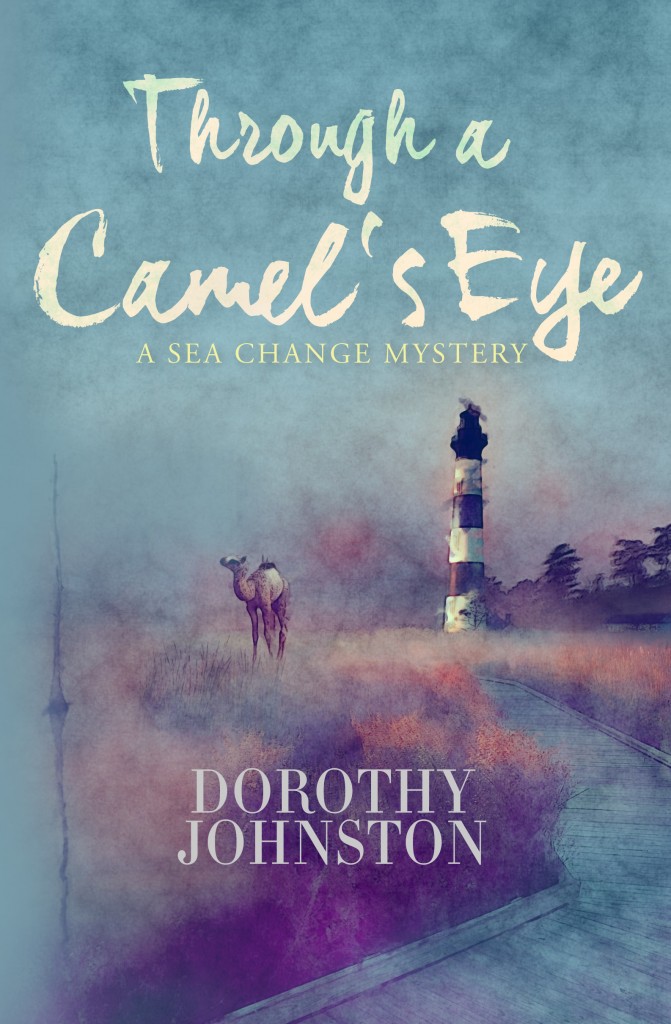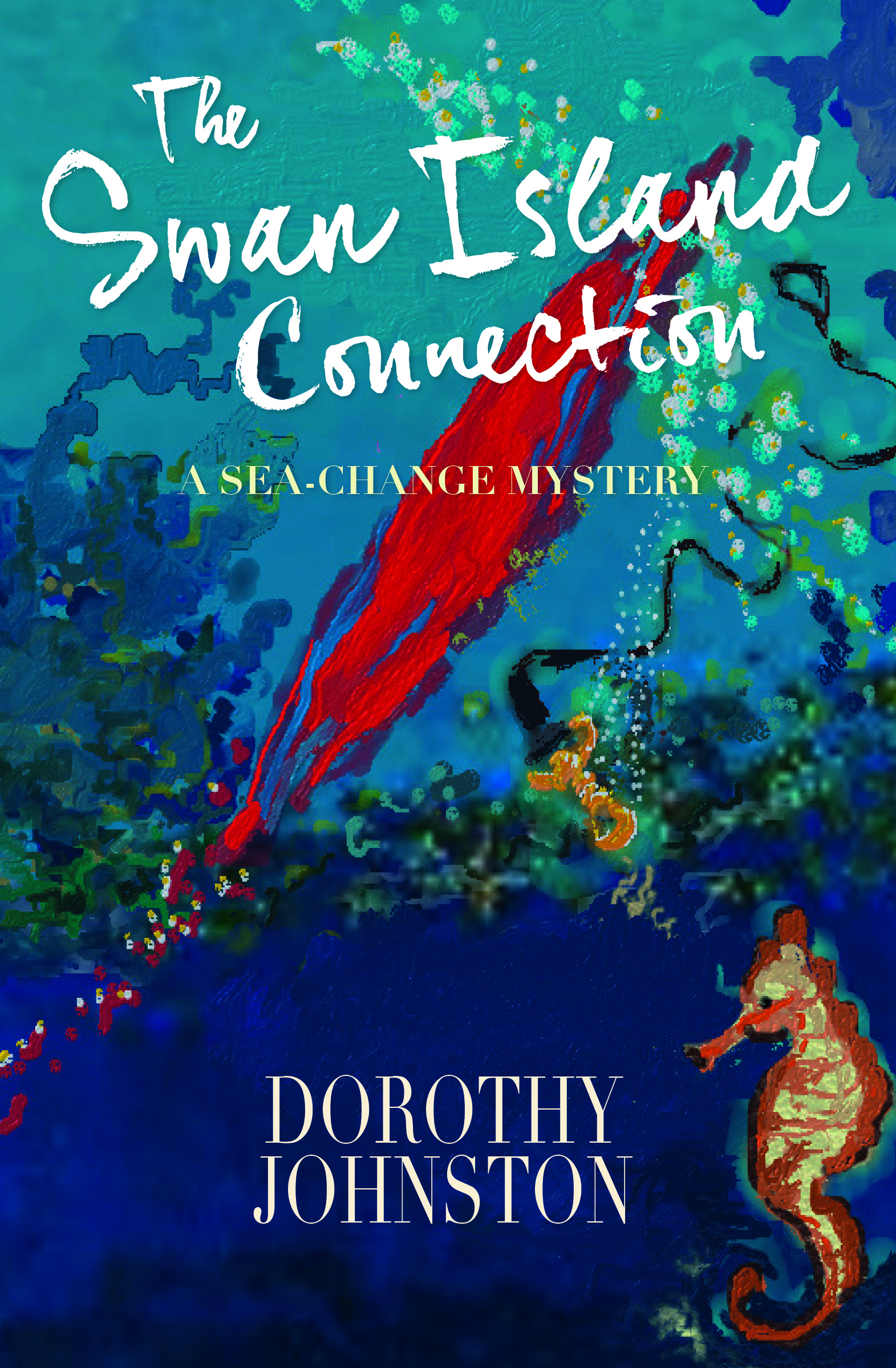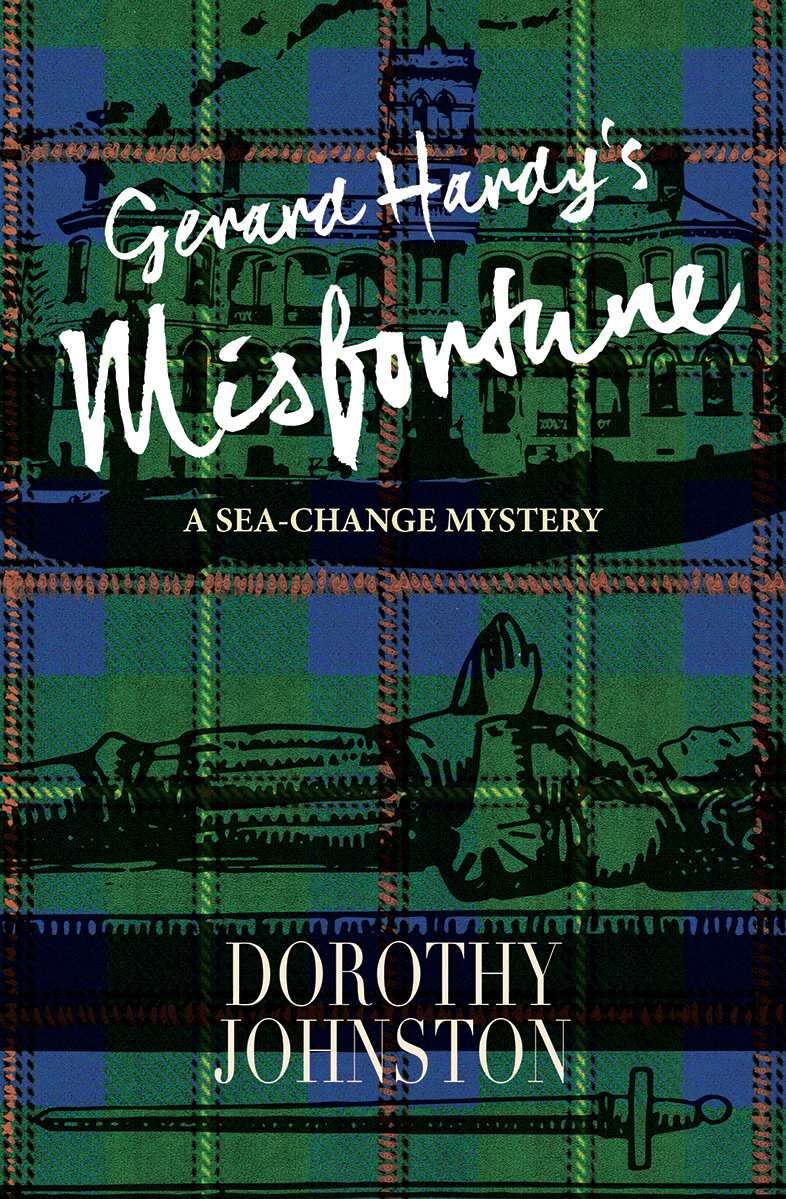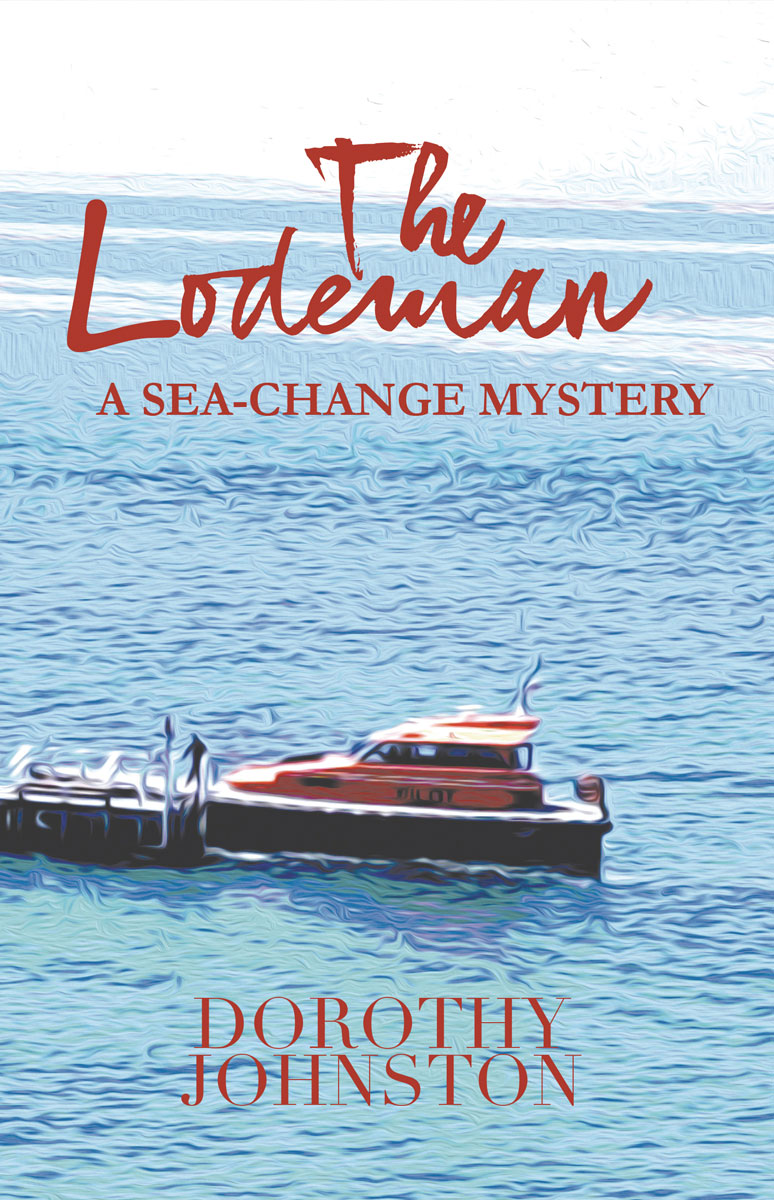My prose muse had deserted me for the moment, but I’ve been writing poems. The first one is called Smiling from a distance.
Smiling from a distance
People smile at one another
from a distance on the beach.
I think we might perfect the shine of distant smiles.
‘Hello,’ we call. ‘Good morning, afternoon, or evening.’
It’s become suddenly important to mark passage,
mark the time, to speak, stranger to stranger
across a measured space.
Waves lift. Light dances on water, water drinks the light.
The beach is still open to walkers,
provided that they walk in ones or twos;
open to surfers sharing drop and curl.
While on the headland, there above me, silhouetted,
a paraglider’s stopped by police in uniform.
He would fly, or as near as he is able,
but stands grounded, his sail filled with air.
Inland, just a little way, my sister walks straight corridors,
locked inside a nursing home.
Yet on the phone she’s cheerful,
pleased that she can walk at all, while many can’t.
I send her a smile across the short, uncoverable distance
separating us. Imagining, I place my feet just so.
Can a smile be measured?
I think the answer is both yes and no.
One and a half metres, repeated like a mantra,
becomes a background to the everyday.
No need for tapes: the eye does just as well.
Four women in a park sit properly, legal distance well observed,
wearing coats and beanies, for the air is cold.
They call out; one laughs, raising her hand to join the conversation.
Across this open human space they smile.

Second hand bookshop under lockdown.
The books form towers, in shadows
by the doorway and around the walls.
We are here, they say, our words are here.
Our spines face outwards to the dim room and closed door.
We are not arranged by date or author,
but known to the old man who has given us a home.
For many years I have been a customer,
coming in from the hot light of Hesse Street
in summer, or in winter,
having crossed the road against the slanting rain.
Always it has been the same inside,
the same smell, old and welcoming.
The owner sits outside on a wooden bench,
eating an ice-cream, affecting nonchalance.
I take a few steps forward, then ask, ‘Are you open?’
‘I might be,’ he says.
I stand on a chair and read titles with difficulty
in the corner furthest from the door.
If I were so rash as to choose one
from near the bottom of a pile
and attempt to remove it,
all those above would fall down and crush me.
It would be a way to go, I think.
For a wordsmith like myself, not a bad way to go.
The owner has come in, still eating his ice-cream
as though it were some kind of prophylactic
or excuse. ‘How are you coping?’ he asks.
I turn awkwardly, careful not to dislodge
by even a puff of breath, the tower
which seems to me now a statement in itself.
‘I’m alright,’ I say. ‘And you?’
‘I’m a bit lost,’ he says.
I nod and point. ‘I’ll have that one.’
It’s not the old friend I imagined finding and re-reading,
but in a bookshop under lockdown beggars can’t be choosers.
We exchange a glance. The old man, keeping his distance, smiles.
The libraries are all shut, of course,
and the proper bookshop up the road.
I pay the princely sum of seven dollars
and leave with my purchase underneath my arm.
Can books transmit the virus?
I hope not. Can I catch it by touching any one of them?
I believe not, but will wash my hands in case.
I realise I wasn’t watching the old man
get down the book I wanted without causing an avalanche.
No doubt he has his methods.
I would like to turn back and ask, but do not.
Instead I climb into my car and drive home.
